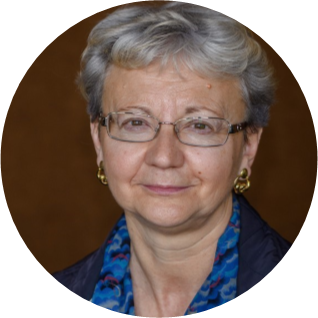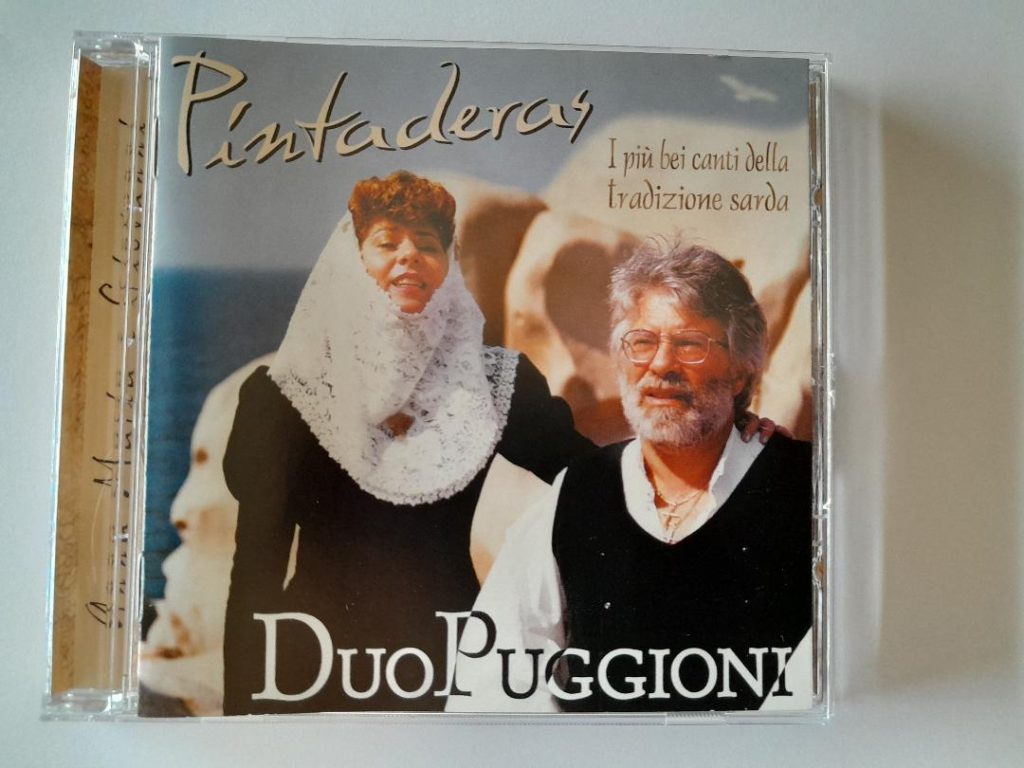On Sept. 30th Associazione per la Ricerca sulla Distonia (A.R.D.) organised the 4th National Dystonia Day. In order to increase visibility and attention towards dystonia, in 2020 we decided to create a National Day to be held on the last Saturday of September, preceded by articles or interviews published via various means of communication.
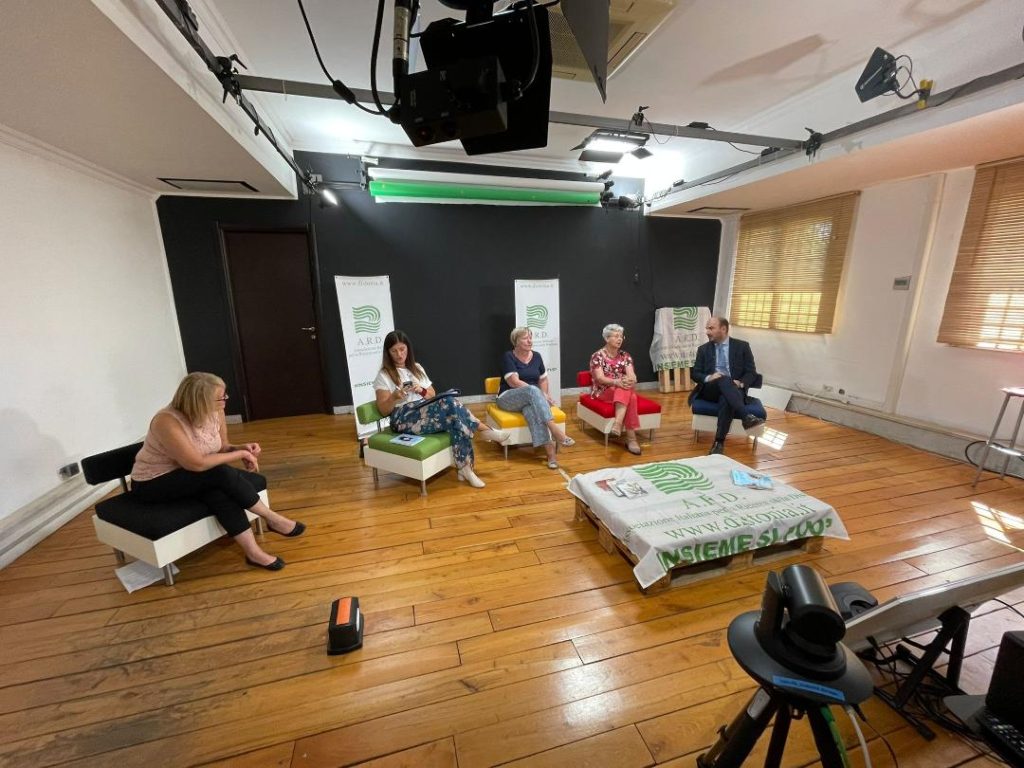
The first and second Dystonia Day in 2020 and 2021 were online events, due to Covid; last year and this year we were in a TV studio in Rome for a live broadcast on our social media. During the week before Saturday 30th some interviews concerning dystonia were transmitted, among which one was on the Vatican radio and one was by Prof. Alberto Albanese in a national newspaper.
This year we focused our Day on dysphonia, which is a rarer form of dystonia, but not less debilitating; the title of the Day was “When your voice changes your life” and our hashtags were #notloseyourvoice #neverwithoutwords.
In order to choose this topic, our starting point has been a book written by our member Anna Maria Puggioni; its title is “ Rare, you are not my defeat” addressed to her dysphonia. She wrote 18 poems “arising in her heart” and collected them in a booklet illustrated by drawings of some students of the local classical high school. She has dedicated this booklet to ARD and will give the proceeds to the Association.
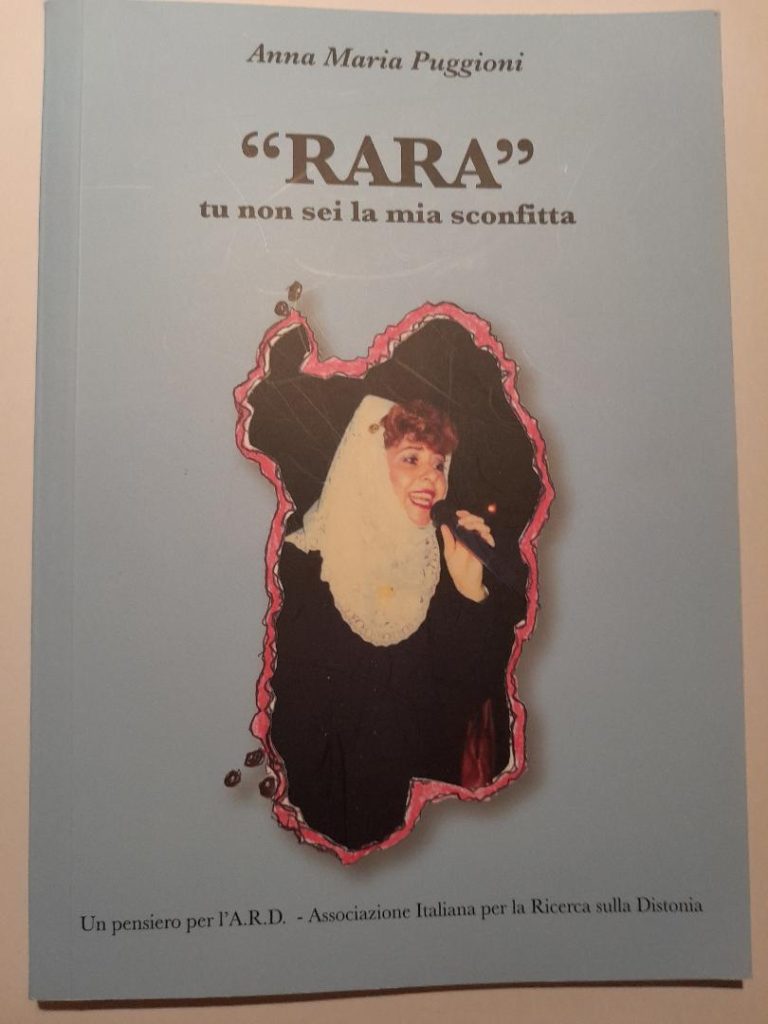
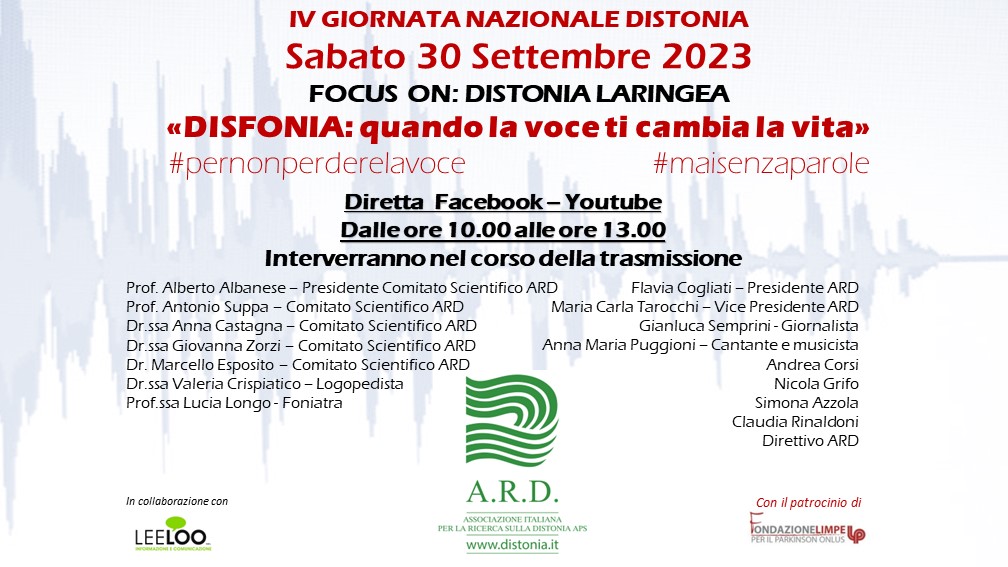
Anna Maria was born in Sardinia, an island where traditions are still deeply rooted as well as the Sardinian language, which is quite different from Italian even though it is also derived from Latin. She had a great vocal talent and for 25 years she has been a singer of popular Sardinian music, famous in Italy and abroad. Unfortunately 15 years ago her voice became feeble and hoarse: the “evil fairy” (so she names dysphonia) had stolen her voice.
Since then Anna Maria is speaking with her heart’s voice, as she wants to continue to transmit emotions; she feels useful in creating solidarity projects such as “Chida santa” (Holy week) a sacred representation of Christ’s passion,death and resurrection; it is a musical in sardinian with 80 actors and singers, conceived, realised and directed by Anna Maria, who donates all the profits to ARD.
Prof. Antonio Suppa (Department of Neuroscience and Mental Health, Policlinico Umberto I, Rome) was in the TV studio and explained that currently there is no certain data about the number of people with laryngeal dystonia. According to estimations, 4/6 persons out of 100 000 could be affected, therefore in Italy patients could be around 3 000 – 4 000, but far fewer patients are registered in neurological departments concerned with dysphonia. It can be adductor dysphonia when vocal cords get uncontrollably closer and the voice has spasms, or abductor dysphonia when vocal cords move away and a sudden aphonia occurs. The incidence of dysphonia is 4 females to 1 male, the reason is still unknown.
Prof.Alberto Albanese, who is the President of our Scientific Committee, took part from Milan and explained that dysphonia is probably the most difficult to diagnose as involuntary movements cannot be seen, conversely to what happens in all other forms of dystonia.
Simona is another patient with dysphonia, she sent us her story to be read by us during the transmission. She is a teacher of Mathematics and 2 years ago the symptoms of hoarseness, temporary aphonia, trembling voice began, leading to a diagnosis of dysphonia. Since then Simona is no longer teaching, her school is employing her in other activities and she feels she has lost her social identity along with her voice. She compares dysphonia to a landslide in a mountain road and botulinum toxin to a tractor which swipes away the landslide: at present the tractor has not yet completely removed the obstacle, as her injections of botulinum toxin have not yet given good results. This peculiar analogy (dystonia=landslide/botulinum=removing lorry) shows that any patient has a personal relationship with the disease and a way to consider it.
Two more neurologists from Milan participated in our event: Dr. Giovanna Zorzi spoke about dysphonia in children, a topic rarely discussed; it does not exist as an isolated form but is part of generalised dystonic forms and its real incidence is still uncertain.
Dr. Anna Castagna focused on the importance of a multidisciplinary approach, based not only on botulinum toxin but also on speech therapies and psychological help.
Two specific professional roles concerned with phonatory apparatus are very important for taking care of dysphonia: they are phoniatrician and speech therapist. Prof. Lucia Longo (phoniatrician) illustrated the diagnostic tools necessary for an accurate diagnosis: laryngoscopy, stroboscopy, spectrographic exam . Dr.Valeria Crispiatico (speech therapist) spoke about relaxing techniques and exercises to increase voice control and manage collateral effects post botulinum toxin.
The last story of a patient with dysphonia concerned Paolo Corsi, who had been President of ARD until 2016 and unfortunately passed away in 2019. His son told us that he led a very active lifestyle, not diminished by dysphonia which appeared when he was 50 years old.
He began to cooperate with ARD and soon became its key pillar, working to increase visibility of dystonia and spread awareness about it. Thanks to his efforts, for several years now in Italy, botulinum toxin has been provided in total charge of the National Health System for all types of dystonia. Moreover, through a solidarity association he could obtain a fund of €100 000 for DBS devices offered to 2 neurological children’s hospitals in Milan and Rome.
Our live broadcast lasted around 3 hours, we had many questions from our social media and doctors answered; patients are always eager to get as much information as possible and this is the aim of our National Day.
The transmission is available on our Youtube channel.
Maria Carla Tarocchi, Vice President, Associazione per la Ricerca sulla Distonia (A.R.D.) Italy
